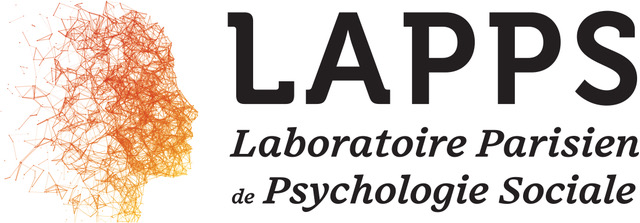Version française / Acutalité du LAPPS - colloques, manifestations scientifiques...
- Unknown label,
Andrei CIMPIAN (NYU). The Brilliance Barrier: Stereotypes about Brilliance Are an Obstacle to Diversity in Science and Beyond

The Brilliance Barrier: Stereotypes about Brilliance Are an Obstacle to Diversity in Science and Beyond I propose that a field’s diversity is affected by what its members believe is required for success: Fields that value exceptional intellectual talent above all else may inadvertently obstruct the participation of women and (some) minority groups. The environment in these fields may be less welcoming to women and minority groups because of the cultural stereotypes that associate intellectual talent -- brilliance, genius, etc. -- with (white) men. This proposal is supported by observational and experimental data from a wide range of fields in the sciences and the humanities, as well as by developmental data that reveal how early these stereotypes take hold.
on the April 25, 2024
Unknown label
(Salle à venir)
Andrei CIMPIAN
He is a Professor of Psychology at New York University. He earned his Ph.D. in psychology from Stanford University. One of Dr. Cimpian’s main areas of expertise is academic achievement and motivation. Among other topics, he has investigated gender stereotypes, gender gaps in achievement and representation, people’s beliefs about ability and talent, and the influence of praise and criticism on children’s achievement.
The Brilliance Barrier: Stereotypes about Brilliance Are an Obstacle to Diversity in Science and Beyond
I propose that a field’s diversity is affected by what its members believe is required for success: Fields that value exceptional intellectual talent above all else may inadvertently obstruct the participation of women and (some) minority groups. The environment in these fields may be less welcoming to women and minority groups because of the cultural stereotypes that associate intellectual talent -- brilliance, genius, etc. -- with (white) men. This proposal is supported by observational and experimental data from a wide range of fields in the sciences and the humanities, as well as by developmental data that reveal how early these stereotypes take hold.
Updated on 06 février 2025

